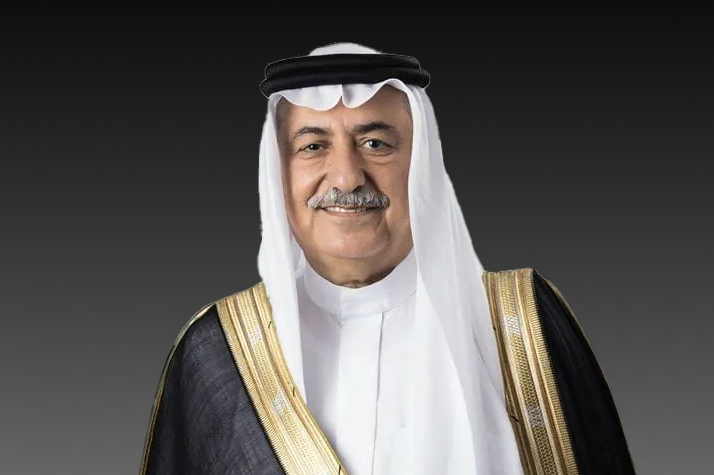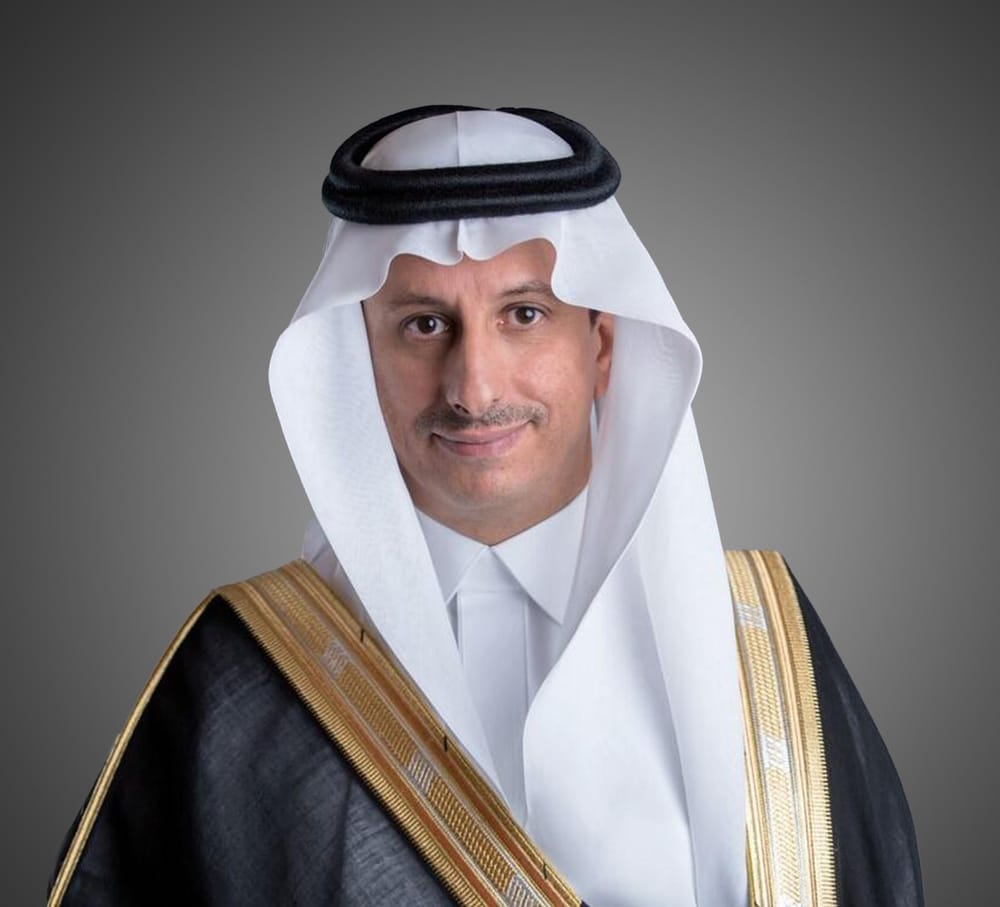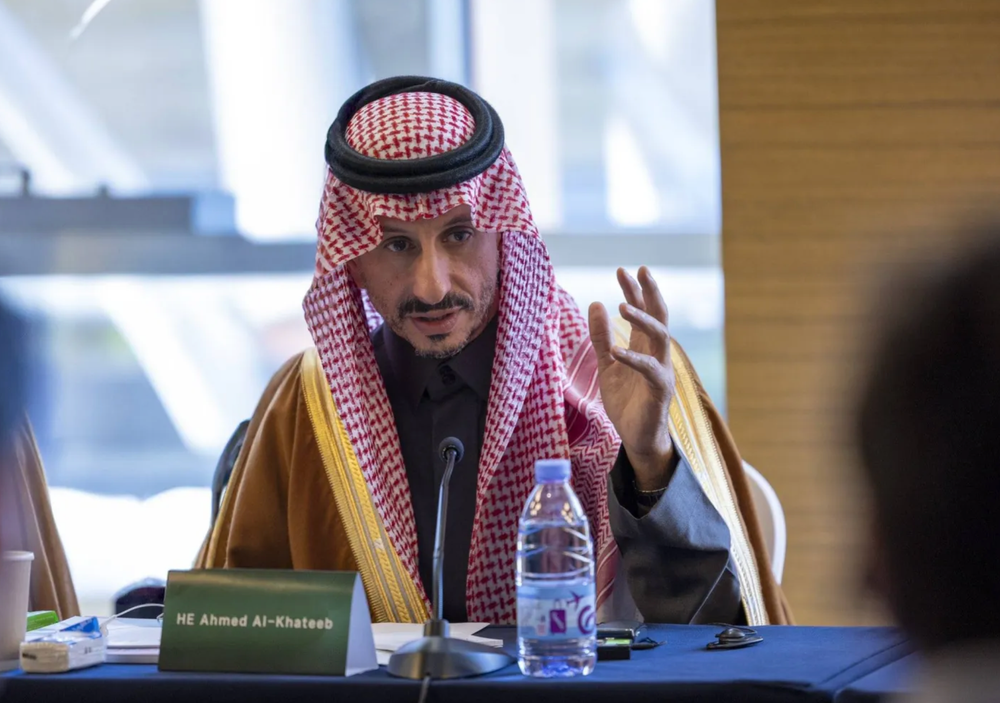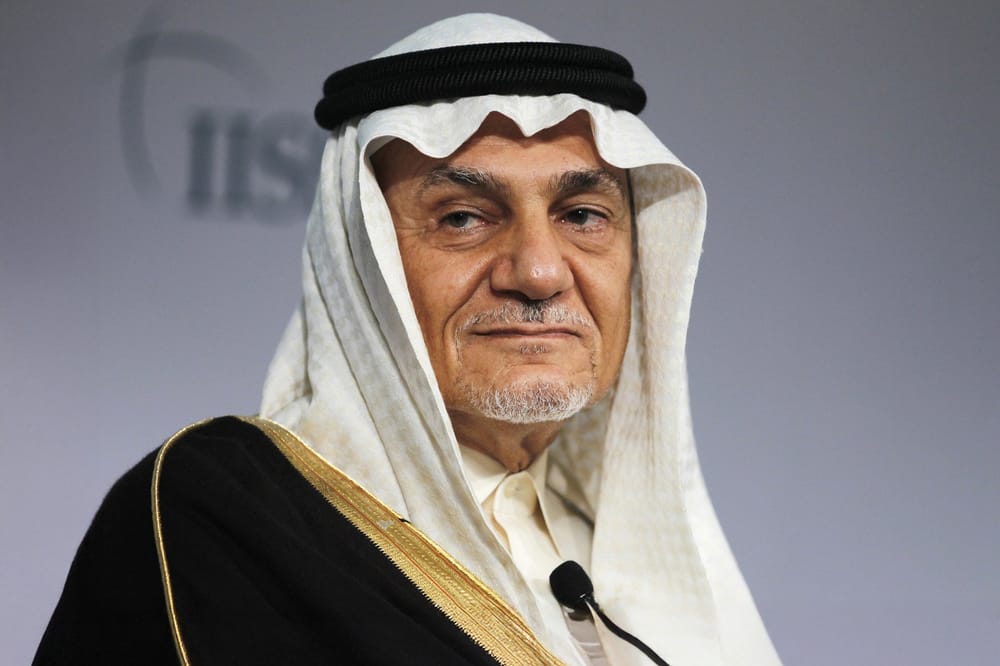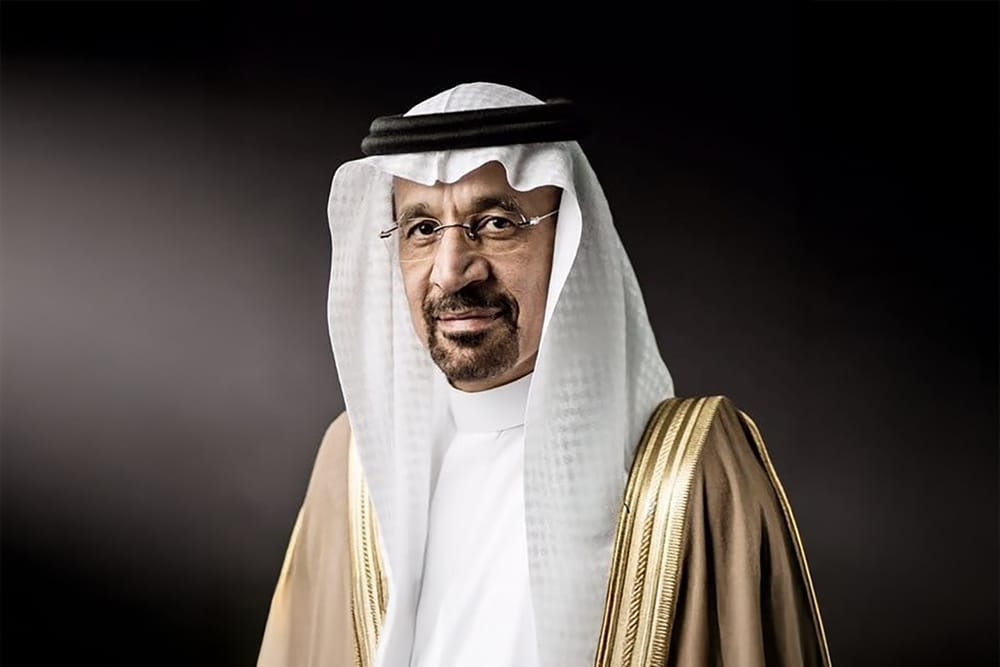Dr. Ibrahim Al-Assaf stands as one of the key architects of Saudi Arabia’s financial modernization. During his tenure as Minister of Finance, he spearheaded reforms that strengthened the Kingdom’s fiscal systems and global standing. His leadership was pivotal in guiding Saudi Arabia into the World Trade Organization (WTO), positioning the nation as an integrated player in the global economy. Dr. Al-Assaf’s work continues to inspire new generations of Saudi leaders working to achieve the goals of Vision 2030.
The Leader’s Vision & Contributions
Dr. Ibrahim Abdulaziz Al-Assaf brought to the Ministry of Finance a clear vision of economic resilience and global competitiveness. Appointed Minister of Finance in 1996, he combined academic expertise with deep government experience to modernize Saudi Arabia’s financial architecture.
His primary aim was to enhance fiscal transparency, develop modern financial institutions, and promote economic diversification. Dr. Al-Assaf championed structural reforms, implemented advanced budgetary frameworks, and strengthened public financial management. He was also a key advocate for fostering a stable macroeconomic environment attractive to both domestic and international investors.
Key Milestones in Office
Entry into the World Trade Organization
One of Dr. Al-Assaf’s most notable achievements was his leadership role in Saudi Arabia’s successful accession to the WTO in 2005. This milestone marked the culmination of years of negotiation and legal alignment with international trade standards. Under his guidance, Saudi Arabia committed to transparent trade policies, fostering a more open and competitive economic environment.
Public Finance Reform
Dr. Al-Assaf introduced modern budgeting techniques, moving towards medium-term expenditure frameworks. His reforms improved fiscal discipline, ensured efficient resource allocation, and supported large-scale development projects crucial to national progress.
Strengthening International Partnerships
Throughout his tenure, Dr. Al-Assaf represented the Kingdom in key international financial forums, including the International Monetary Fund (IMF) and the World Bank. His efforts reinforced Saudi Arabia’s voice on the global economic stage and fostered productive partnerships with leading economies.
Leadership Lessons
From Dr. Al-Assaf’s career, several leadership lessons emerge:
- Vision with Pragmatism: His ability to balance long-term strategic goals with practical reforms ensured that financial modernization proceeded in a sustainable and measured manner.
- Global Mindset: His focus on global integration through WTO membership exemplified how national leaders can enhance their country’s role in the international system.
- Commitment to Transparency: His emphasis on transparency and fiscal discipline serves as a model for public sector governance.
Legacy and Relevance Today
Dr. Ibrahim Al-Assaf’s legacy continues to influence Saudi Arabia’s economic path. The financial systems and international relationships he helped build provide a solid foundation for Vision 2030’s ambitious goals of diversification and global engagement.
His contributions underscore the importance of leadership that is both forward-looking and grounded in sound governance. As Saudi Arabia continues to modernize under Vision 2030, the principles championed by Dr. Al-Assaf—transparency, competitiveness, and global integration—remain central to the Kingdom’s progress.


